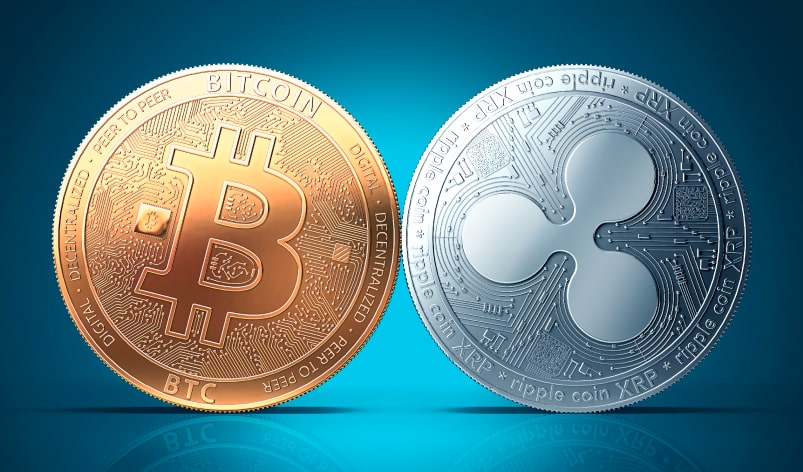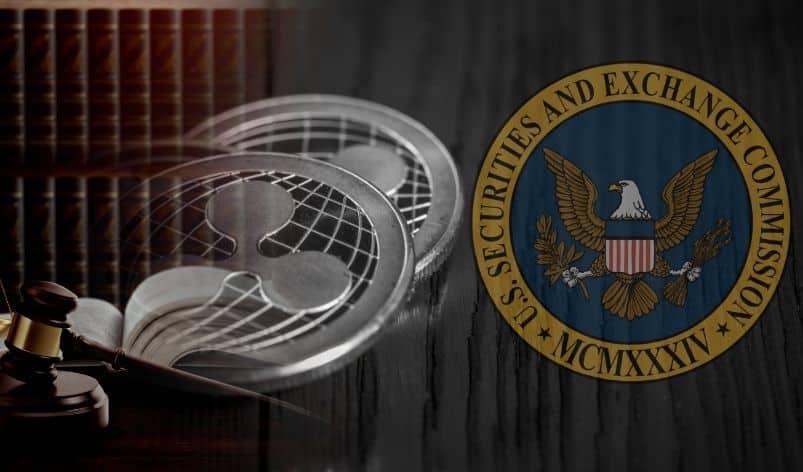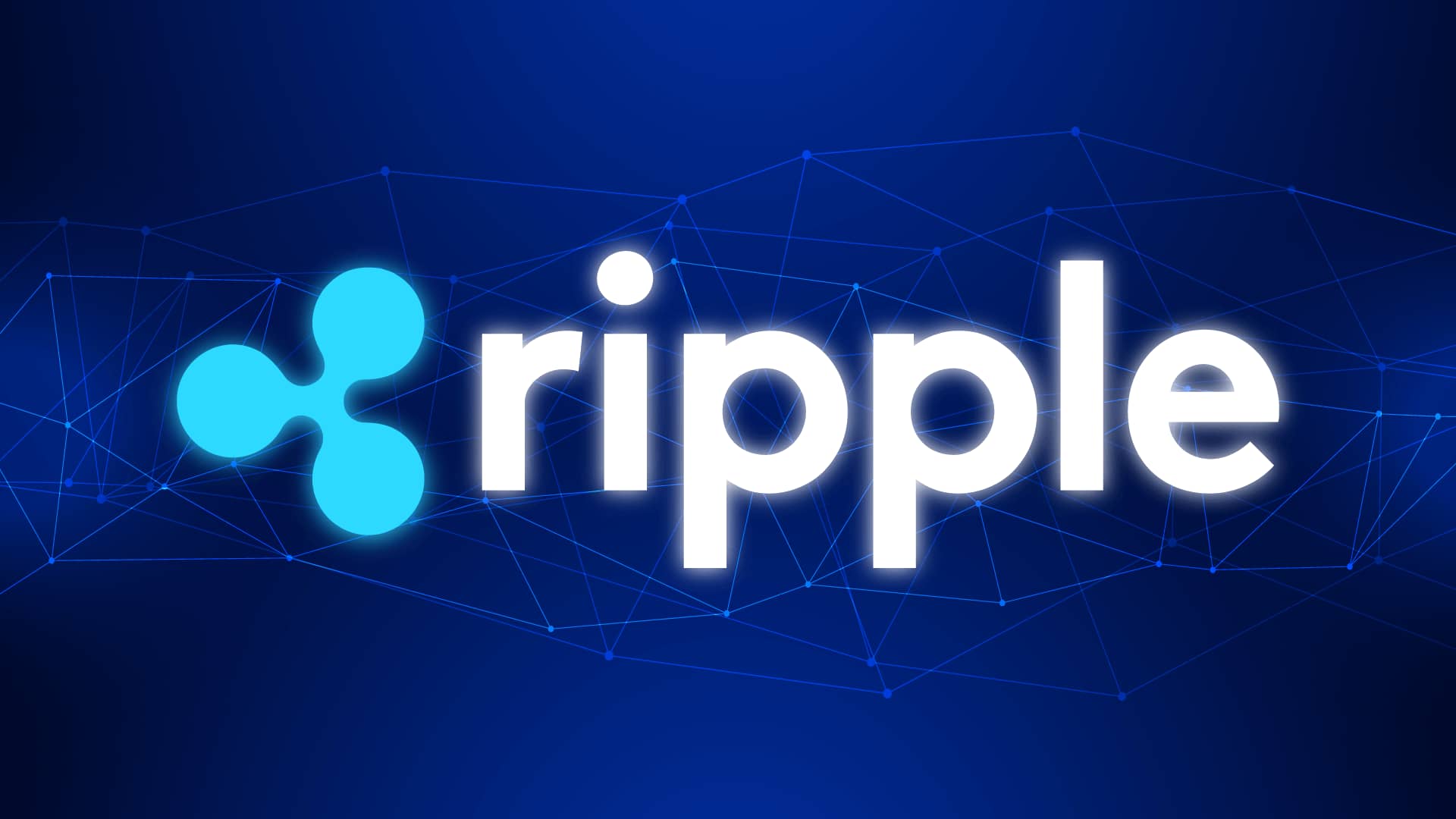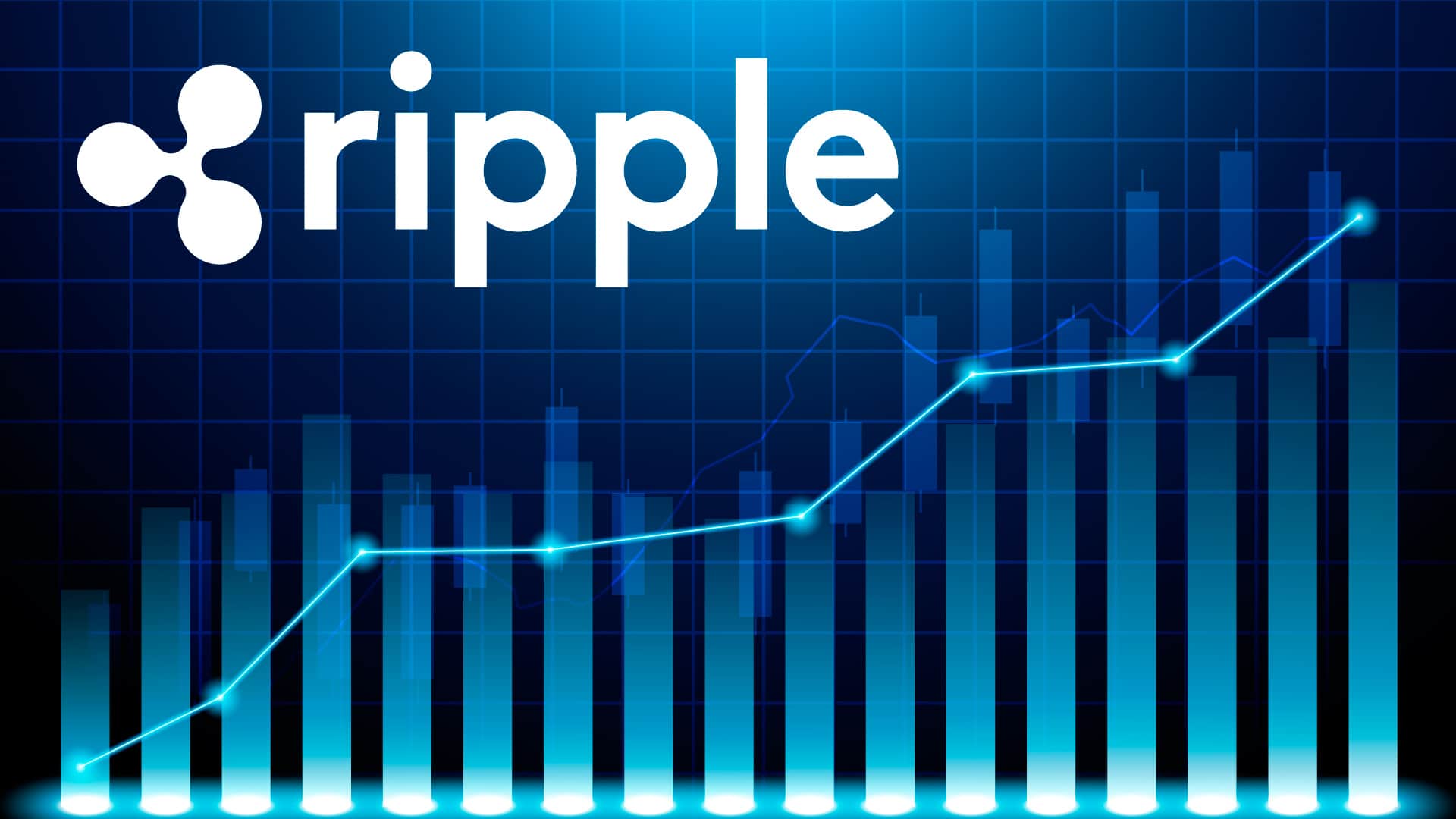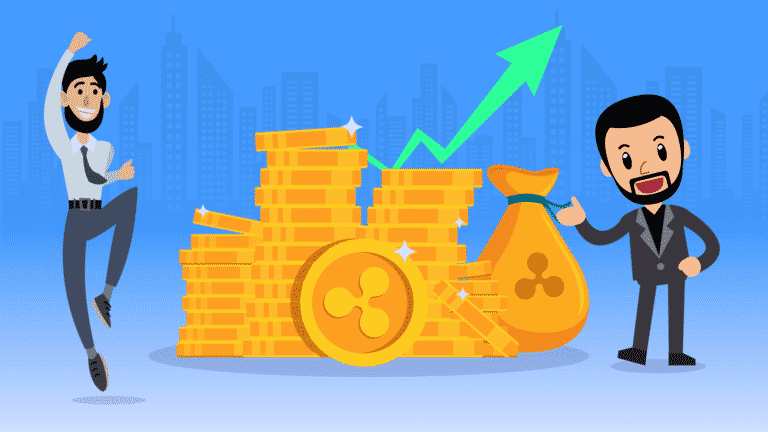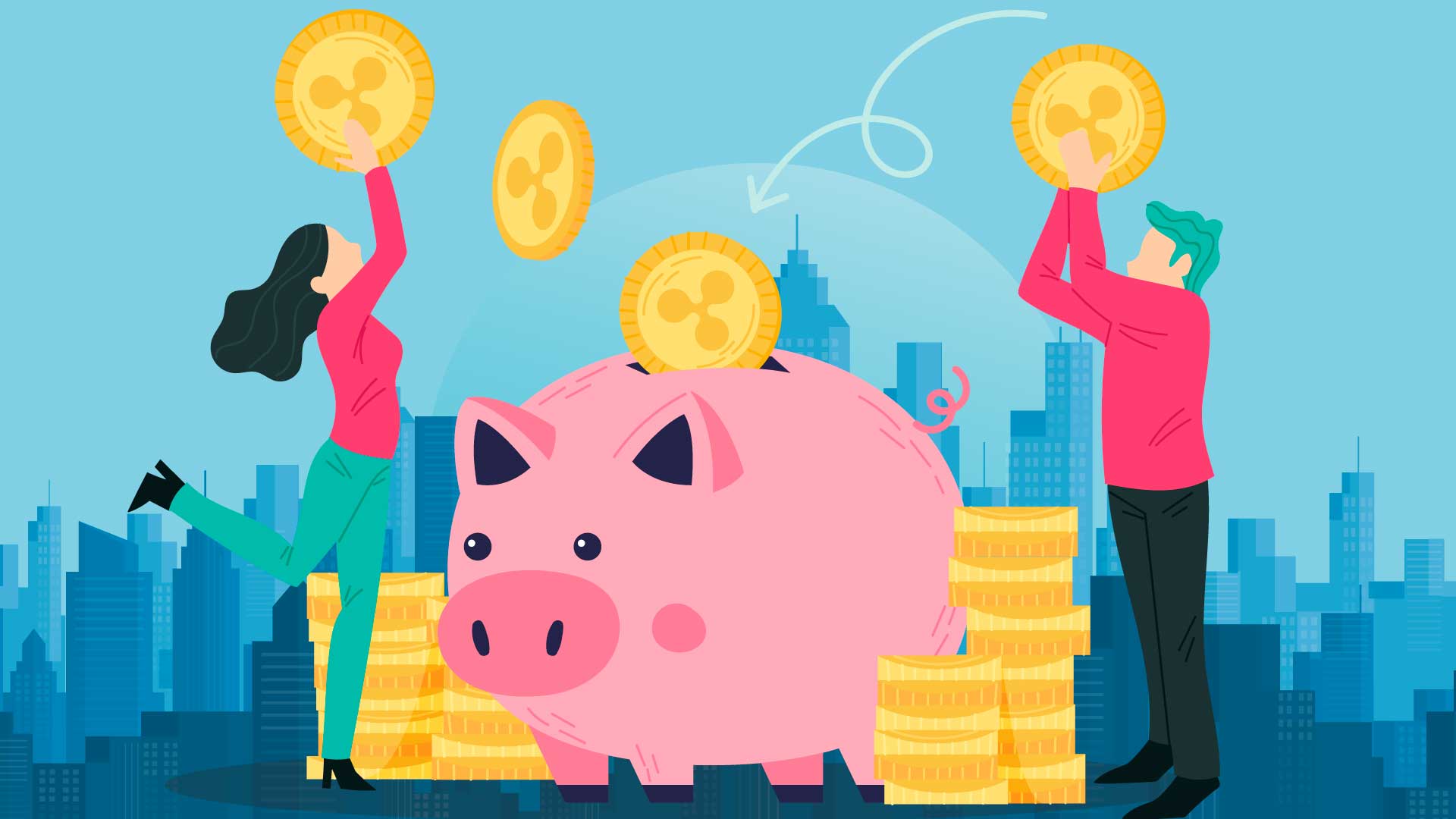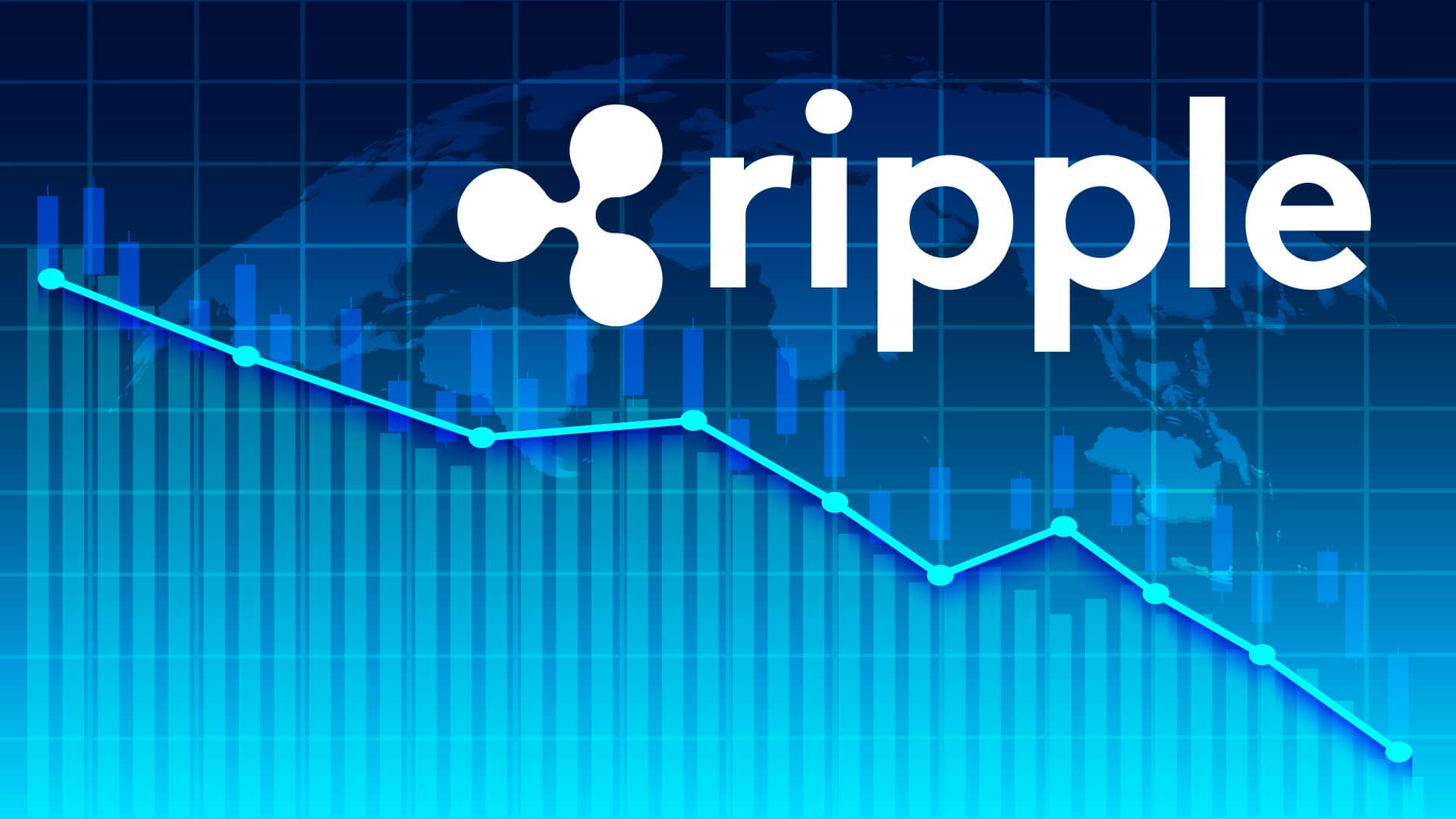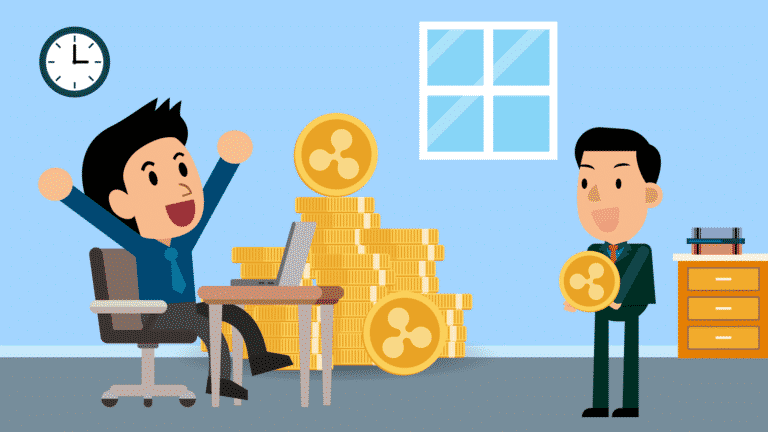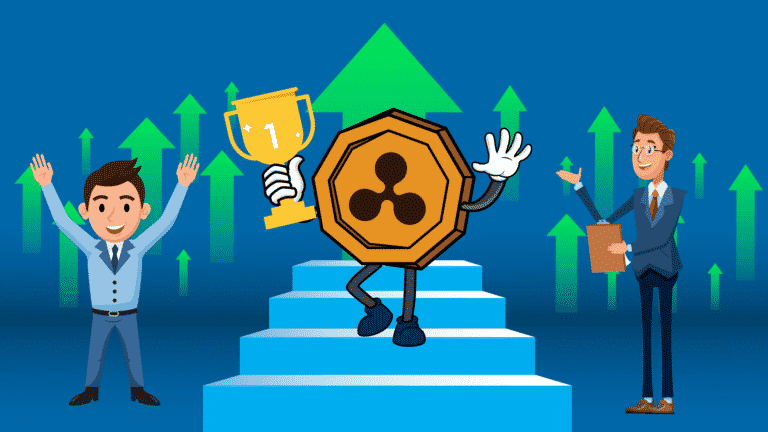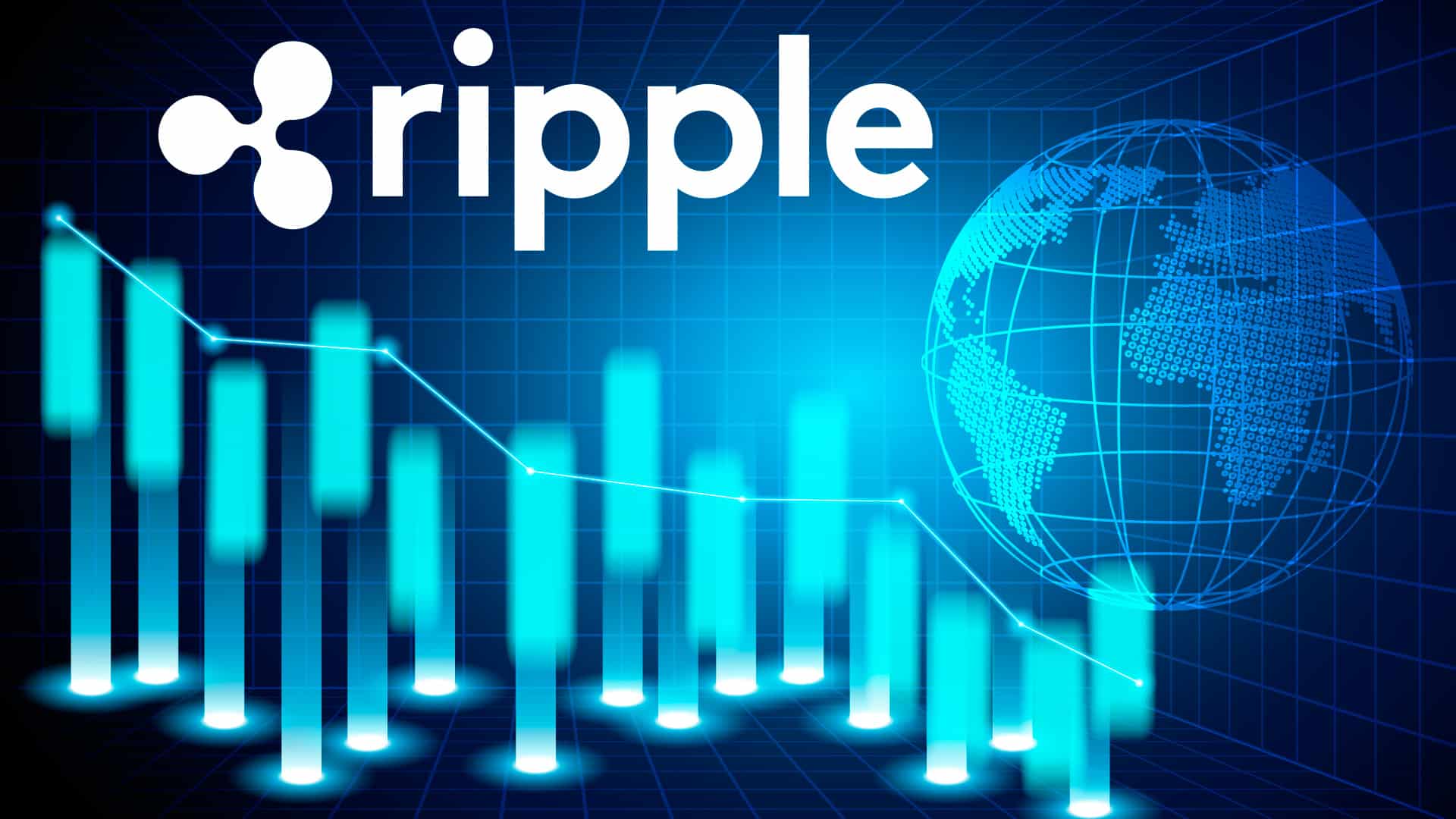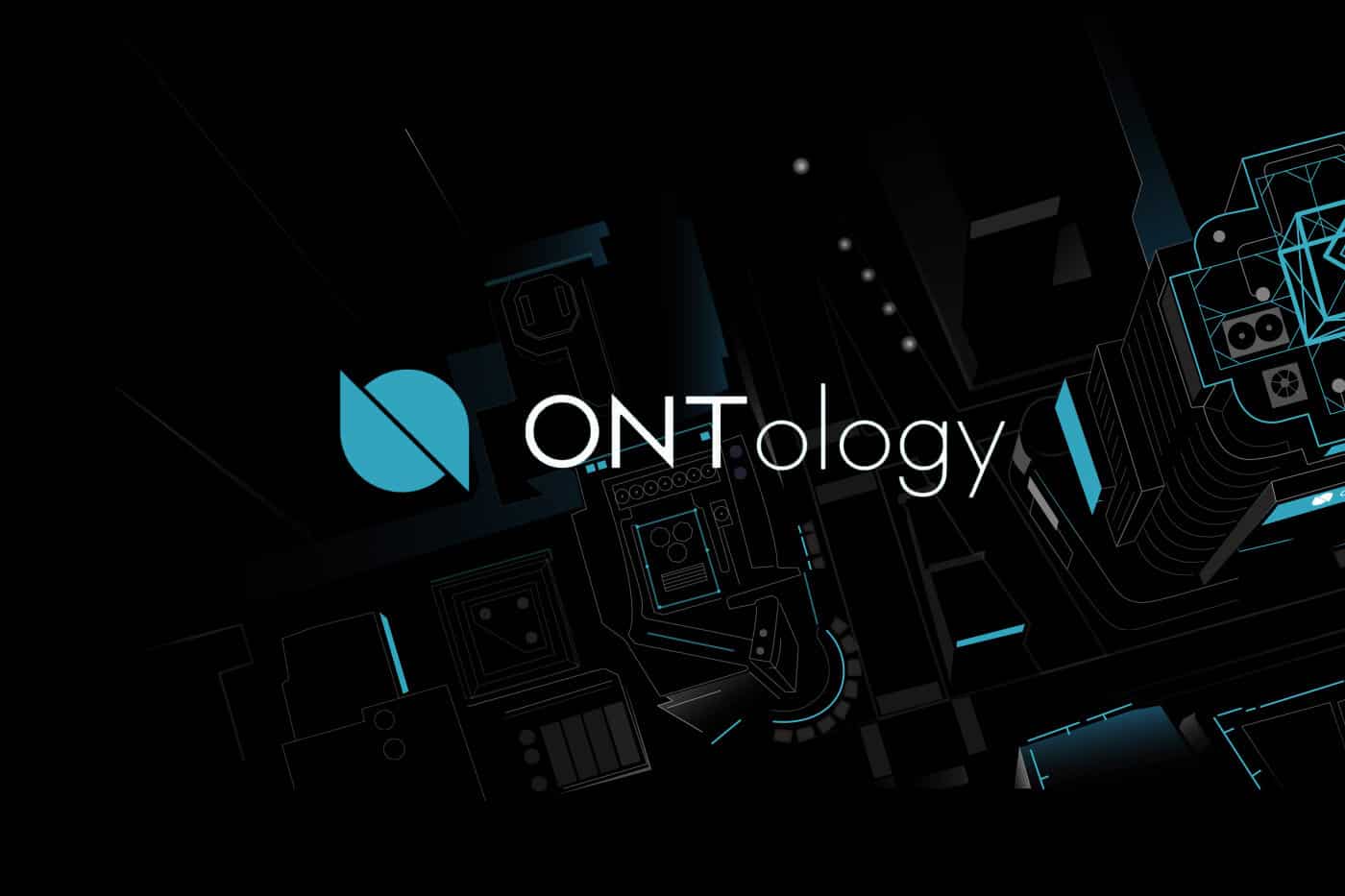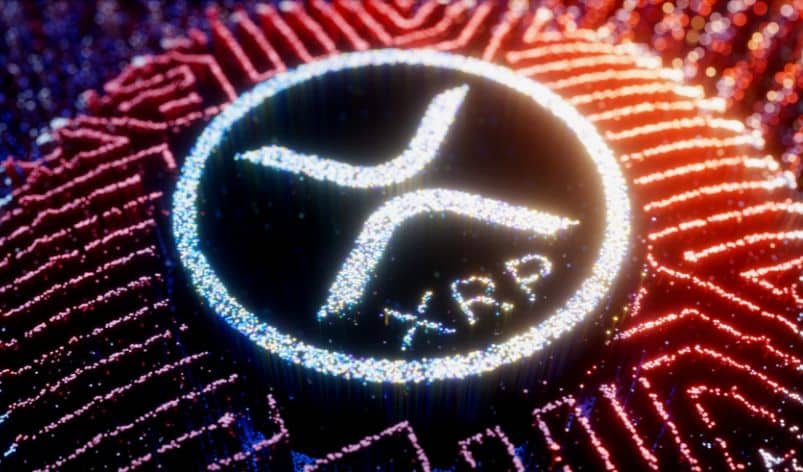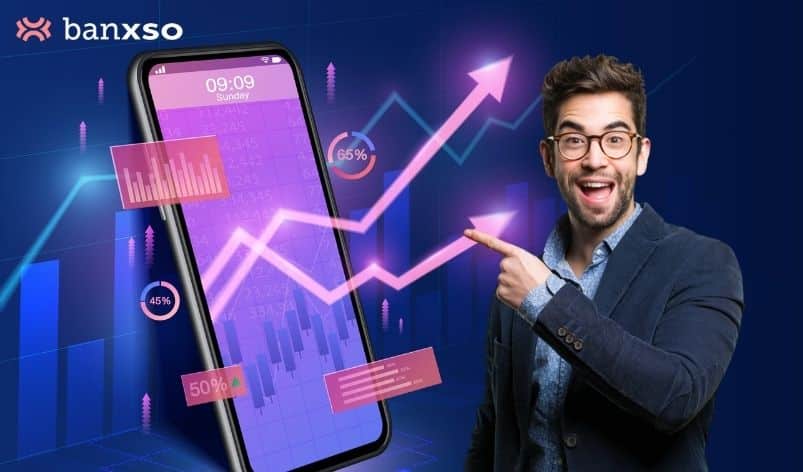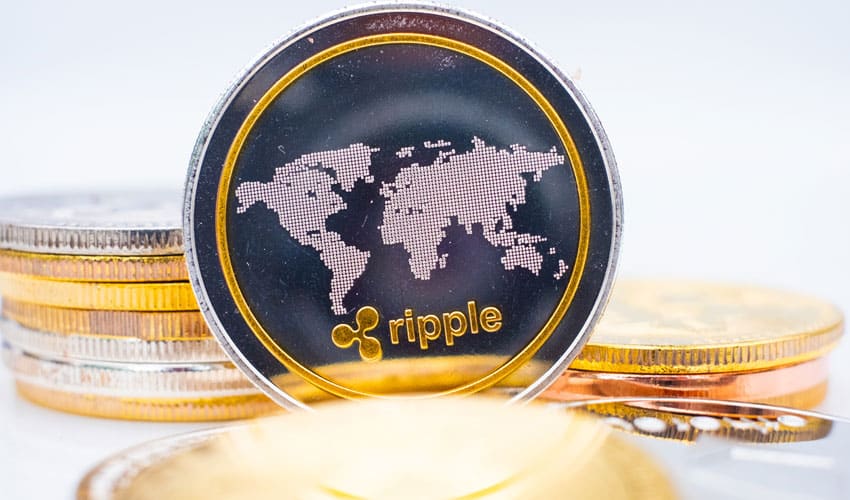Understanding Ripple
Ripple is a digital payment network and system based on the blockchain, and it is created with the financial services industry in mind. XRP, a Ripple-based cryptocurrency, is frequently ranked 5th in terms of market value.
Despite its objectives, Ripple is now embroiled in legal disputes with the Securities and Exchange Commission (SEC); however, this hasn’t stopped XRP from outperforming other cryptos.
What Is Ripple?
Ripple is a global payments settlement and money exchange system that can handle transactions from all over the world. The notion is that Ripple acts as a trusted intermediary between two people in a transaction, as the network can instantly verify that the transaction was completed successfully. Ripple allows for the exchange of fiat currency, cryptocurrencies such as Bitcoin, and even commodities like gold.
When users use the network to complete a transaction, the network charges a modest fee in the form of XRP.
Historical Price of Ripple
With a market capitalization of USD 13,674,263,496, XRP is placed fourth. Due to the SEC filing, the cryptocurrency dropped to the third position, with a market worth of USD 20,986,383,356. In comparison to Bitcoin, the price of XRP is quite low.
On August 4, 2013, Ripple was listed on the cryptocurrency market. It was trading at $0.01 at the time. The highest price (USD3.84) was reported on January 4, 2018.
How does ripple work?
Ripple is a decentralized open-source network that enables the frictionless movement of money in any form, including euros, dollars, yen, and cryptocurrencies such as BTC or litecoin. Ripple is a worldwide payments network with a customer base that includes financial institutions and major banks. XRP is employed in their products to allow for rapid currency conversion.
To verify transactions and account balances on the system, transactions rely on a consensus process. By avoiding double-spending, the consensus aims to strengthen the system’s integrity.
All but the first transaction will be erased if a Ripple user opens a transaction with several gateways but attempts to transmit the same $100 to the gateway systems. Individual distributed nodes determine which transaction was made first by consensus. The approvals are instantaneous and take around five seconds to complete. The Ripple technology is regarded as decentralized since no centralized authority selects who can confirm transactions.
Ripple Vs Bitcoin
Bitcoin is a digital currency that can be used to buy and sell services and goods; Ripple is a payment settlement, remittance, and currency exchange system for banks and payment networks. The objective is to create a system for direct asset transfers (such as gold, money, and other valuables) that pays in real-time and is a secure, more transparent alternative to current bank transfer systems like the SWIFT payment platform.
Ripple, on the other hand, does not employ blockchain technology and instead utilizes a distributed consensus ledger with a system of verifying servers as well as cryptocurrency called XRP (also known as Ripples).
Is Ripple a Better Investment Than Bitcoin?
Ripple has acquired a lot of traction, and the fact that so many companies are utilizing it suggests that the tokens will become valuable commodities. It’s safe to assume that the adoption of Ripple by big financial institutions can be regarded as a reliable predictor of XRP’s future worth. However, one should properly examine any cryptocurrency before investing in it. You can check the In-depth investment guide for Ripple.
Future of Ripple
The SEC action has had a huge impact on Ripple. XRP, which isn’t known for its extreme volatility, took a dive that will influence its future price. The outcome of the litigation will determine the future of XRP. If the corporation can revive, it will form partnerships with new financial powerhouses. As a result and Ripple XRP predictions, the value of Ripple will rise.
Bottom Line
Ripple addresses some of the issues that traditional banks have. On the Ripple network, payments are completed in seconds. Because of its faster processing speeds and reduced transaction fees, the Ripple system outperforms the bitcoin network.
